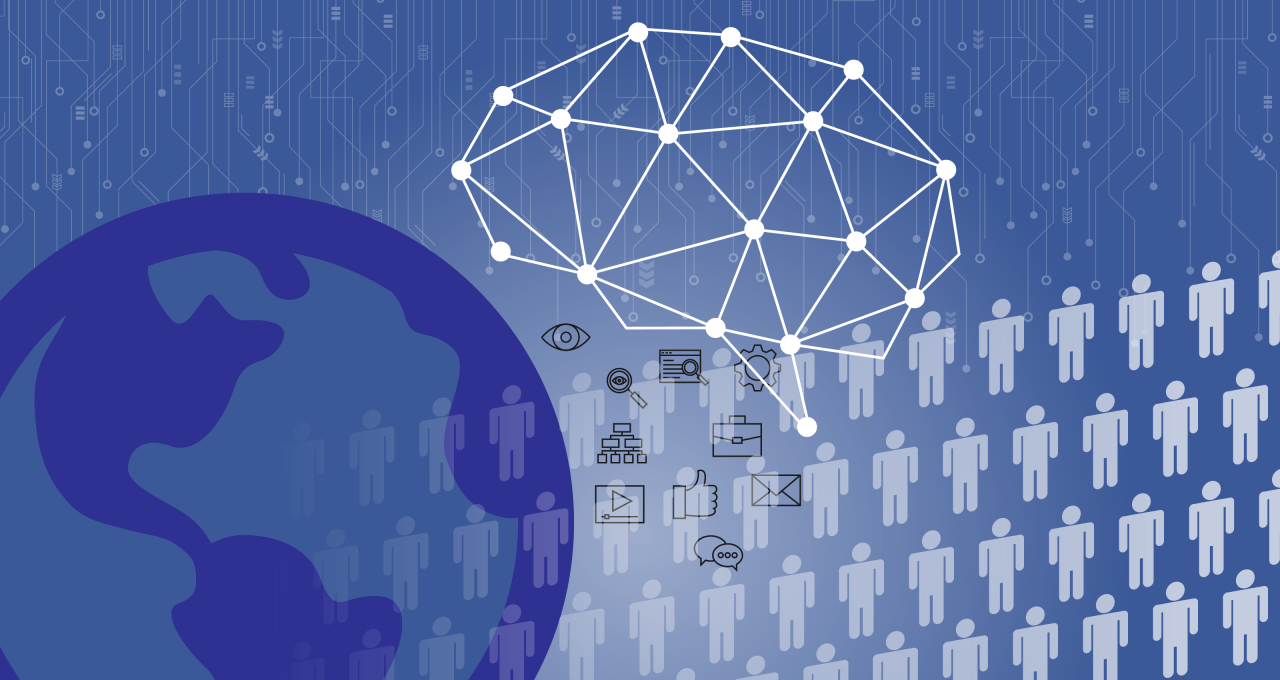The dramatic fallout from the Cambridge Analytica scandal continues to resonate in discussions surrounding data privacy and ethical political practices. Following a detailed investigation by the UK’s Information Commissioner’s Office (ICO), we are shedding light on how this once-mighty data analytics company sought to influence the political landscape through the improper acquisition and exploitation of Facebook user data. From data breaches to AI-driven voter targeting, the investigation reveals startling insights that are crucial for understanding the intersection of technology and democracy.
The Nature of Data Acquisition
Cambridge Analytica’s method of acquiring data was anything but transparent. Engaged with Dr. Aleksandr Kogan, a Cambridge University academic, the firm improperly gathered data on millions of Facebook users. This marked the beginning of a troubling web of digital privacy violations. The ICO unearthed various datasets, including the US Electoral Register, and consumer data from well-known commercial suppliers like Acxiom and Experian.
- Voter Files: Information about registered voters, essential for predicting voting behavior.
- Consumer Data Sets: Broad information that can indicate purchasing habits and preferences.
- Social Media Profiles: Insights from platforms that can influence ads and messaging strategy.
Despite these extensive data-gathering efforts, the ICO expressed skepticism about the actual effectiveness of Cambridge Analytica’s profiling methods, suggesting that claims of comprehensive voter profiles might be exaggerated.
AI and Predictive Modelling in Political Targeting
The ICO’s investigation confirmed that Cambridge Analytica applied artificial intelligence algorithms to data sets to forecast voter behavior and partisanship. By analyzing the data, they sought to cluster individuals into categories for targeted political messaging, reflecting a monumental shift in political strategy driven by technology.
- Machine Learning Applications: The firm utilized various machine learning techniques to refine its predictions about voter preferences. Algorithms were tested extensively, drawing on standard, publicly available libraries.
- Psychographic Profiling: Through their findings, it was revealed that profiles included voters’ opinions on subjects ranging from civil rights to gun control, revealing the nuances in individual voter interests.
Nevertheless, the investigation illuminated ongoing doubts within Cambridge Analytica regarding the reliability of these predictive models. Internal skepticism raised questions about the accuracy of behavior predictions against the realities of voter tendencies.
Investigating Political Campaigns and Regulatory Oversight
The ICO’s scrutiny extended beyond just Cambridge Analytica itself. The fallout from the scandal raised broader questions regarding the integrity of political advertising as a whole. Investigations into the Leave campaigns during the Brexit referendum, in conjunction with other related parties, such as the Canadian data company AIQ, revealed an intricate web of data use and potential manipulation.
The ICO ultimately concluded that while Cambridge Analytica shared data with AIQ, evidence supporting a direct correlation between GSR’s data and campaign activities in the UK referendum was lacking. This ongoing investigation has consequently underscored the pressing need for enhanced regulatory frameworks to safeguard democratic processes from undue influence by big data.
The Future of Data Ethics and Democracy
As we reflect on this inquiry, it becomes evident that systemic vulnerabilities in democratic processes must be addressed to restore public trust. The ICO has emphasized the necessity for organizations to adhere to data protection laws and has made substantial recommendations aimed at reconciling data privacy with effective political campaigning.
In a world heavily reliant on data, transparency and ethical considerations are paramount. The Cambridge Analytica incident raises awareness of the imperatives of both accountability and ethical conduct in the data realm, not just for political entities but for all organizations that utilize consumer information.
Conclusion: Lessons Learned and Moving Forward
The culmination of the ICO’s investigation into Cambridge Analytica reveals essential lessons about the intersection of technology, data privacy, and democracy. As society continues to evolve in the digital age, the need for stringent adherence to ethical practices and regulations is more relevant than ever. This case exemplifies the critical gathering of data, the implications of its use, and its potential to manipulate electorates. We must advocate for reforms in both technology and governance that ensure data is wielded responsibly and without compromising democratic values.
At fxis.ai, we believe that such advancements are crucial for the future of AI, as they enable more comprehensive and effective solutions. Our team is continually exploring new methodologies to push the envelope in artificial intelligence, ensuring that our clients benefit from the latest technological innovations. For more insights, updates, or to collaborate on AI development projects, stay connected with fxis.ai.

